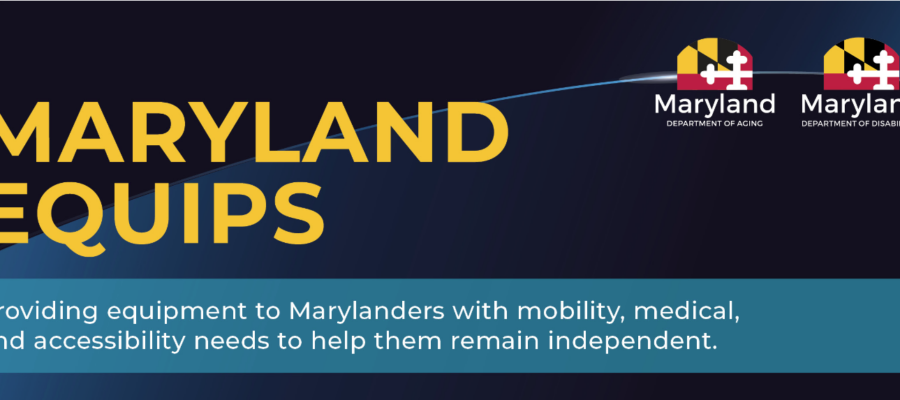Formal Caregivers
Formal financial caregivers are professionals who are hired to provide financial caregiving services. These individuals may have expertise in financial management, estate planning, and other related areas. When choosing a formal caregiver, it’s important to conduct thorough research, check references, and ensure that the individual or firm is reputable and trustworthy.

Power of attorney
A power of attorney (POA) is a legal authorization that grants an agent (also known as the attorney-in-fact) the authority to act on behalf of an individual, referred to as the principal. The agent can receive either broad or limited authority to make decisions related to the principal’s property, finances, investments, or medical care. A durable power of attorney remains in effect even if the principal becomes incapacitated, ensuring continuity of decision-making.
Guardian or Conservator
A guardian or conservator as a formal financial caregiver is an individual appointed by a court to make decisions on behalf of someone who is unable to make decisions for themselves. This could be due to age, disability, or other factors that impair their ability to manage their personal or financial affairs. Guardians are typically responsible for making decisions related to the personal and medical needs of the individual, while conservators are tasked with handling their financial and legal matters.
Trustee
A trustee is a person or firm responsible for holding and managing trust assets. They have the legal authority to deal with these assets according to the trust’s terms. A trustee’s primary duty is to act in the best interests of the beneficiaries, ensuring proper management and distribution of trust assets
Government Fiduciary
A government fiduciary is an individual or entity appointed by a government agency to manage the finances and benefits of individuals who are unable to do so themselves. This arrangement commonly applies to veterans, Social Security recipients, or those with disabilities. The government fiduciary ensures the proper handling of benefits, financial affairs, and adherence to legal requirements.
Conclusion
In conclusion, navigating financial caregiving options for older Americans requires careful consideration and planning. Whether it’s through informal or formal caregivers, selecting the right individual or firm, managing finances, or preventing elder financial abuse, it’s essential to prioritize the financial well-being of our seniors. By utilizing the resources available and making informed decisions, we can help ensure that older Americans receive the support and protection they deserve.



